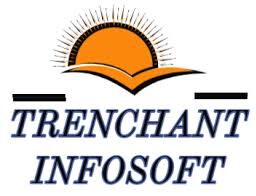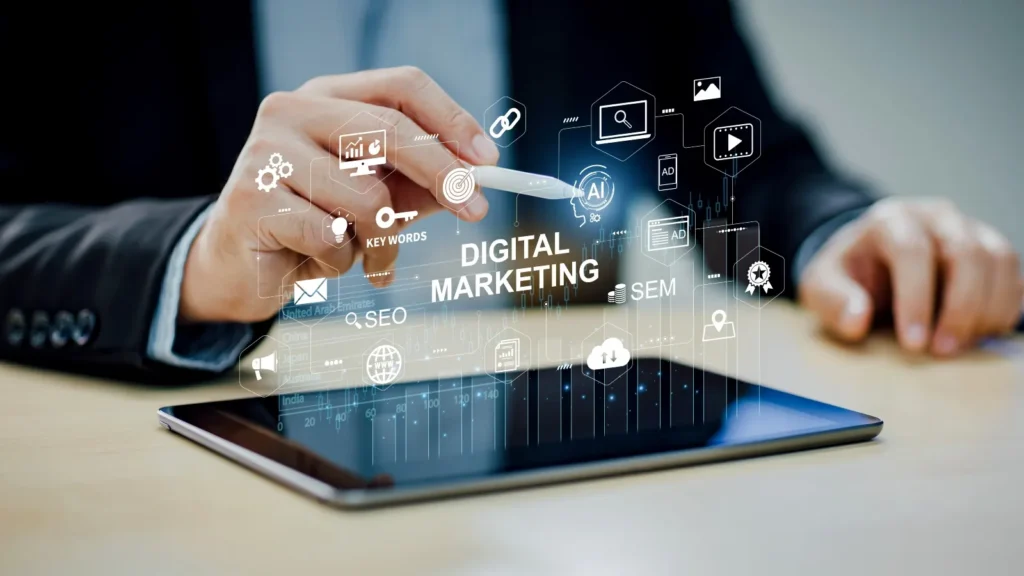
The manufacturing supply chain faces several challenges that can impact efficiency, cost-effectiveness, and overall performance. These challenges vary depending on the industry, location, and specific circumstances of a manufacturing operation. Here are some common manufacturing supply chain challenges:
- Globalization: As manufacturing supply chains expand globally, managing complex networks of suppliers, distributors, and partners becomes more challenging. Cultural differences, legal regulations, and time zone disparities can all complicate operations.
- Supply Chain Disruptions: Events like natural disasters, political instability, pandemics, and trade disputes can disrupt the supply chain. Manufacturers must develop contingency plans to mitigate these risks and maintain continuity.
- Inventory Management: Balancing inventory levels to meet demand while minimizing holding costs is a constant challenge. Overstocking ties up capital, while understocking can lead to missed sales opportunities and production delays.
- Supplier Relationships: Managing relationships with suppliers is crucial. Issues such as quality control, pricing negotiations, and communication can impact the reliability of the supply chain.
- Quality Control: Ensuring consistent product quality throughout the supply chain is vital. Variations in quality can lead to customer complaints, product recalls, and damage to brand reputation.
- Demand Forecasting: Accurate demand forecasting is essential for planning production and inventory levels. Incorrect forecasts can lead to excess inventory or stockouts, both of which are costly.
- Transportation Costs: Rising transportation costs, including fuel prices and shipping fees, can strain supply chain budgets. Manufacturers need to optimize logistics to minimize these expenses.
- Environmental and Sustainability Concerns: Consumers and governments increasingly demand environmentally sustainable practices. Meeting these expectations requires manufacturers to assess and modify their supply chain processes and sourcing.
- Technological Integration: Implementing and integrating new technologies such as IoT (Internet of Things), AI, and blockchain can be challenging. However, these technologies can greatly enhance supply chain visibility and efficiency when properly utilized.
- Cybersecurity: With the increasing digitization of supply chains, they become vulnerable to cyberattacks. Protecting sensitive data and ensuring the security of digital communication is a significant challenge.
- Regulatory Compliance: Meeting industry-specific regulations, safety standards, and trade compliance requirements is a continuous challenge. Non-compliance can result in legal consequences and supply chain disruptions.
- Labor Shortages: Skilled labor shortages in manufacturing can lead to production delays and increased labor costs. Attracting, training, and retaining skilled workers is critical.
- Economic Uncertainty: Fluctuations in currency exchange rates, inflation, and economic conditions can impact supply chain costs and stability.
- Customization and Personalization: As consumer preferences evolve, manufacturers are under pressure to offer more customized and personalized products. This requires supply chains to be more flexible and adaptable.
- Ethical and Social Responsibility: Companies are increasingly expected to demonstrate ethical and social responsibility in their supply chain practices, including fair labor practices, responsible sourcing, and environmental stewardship.
Addressing these challenges often requires a combination of strategic planning, technological investment, supply chain optimization, risk management, and collaboration with partners and suppliers. Manufacturers that can effectively navigate these challenges are better positioned to compete in a global marketplace and meet evolving customer expectations. Microsft Business Central provides solution to these challenges in a very dynamic way.
#trenchant #trenchantinfosoft
https://www.linkedin.com/feed/update/urn:li:activity:7216035010758238210



